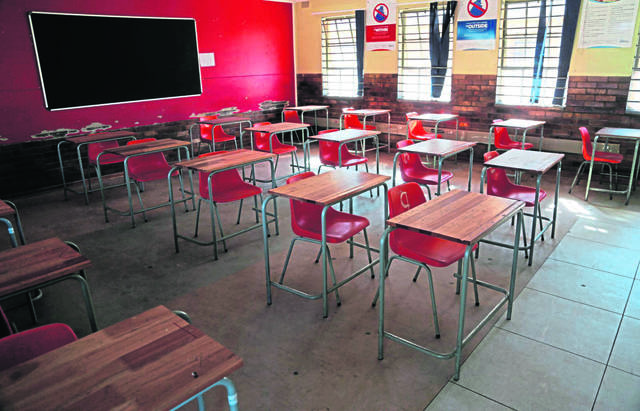A flood of international students who fueled growth at the region’s colleges and universities for the last decade is waning in the face of the global pandemic.
Fall enrollment numbers show international enrollment at nine local universities and Penn State declined by about 2,500, or approximately 12%, this fall as international travel options declined and consulates that process visa applications closed.
Those numbers are only part of the story. A recent survey by the Institute for International Education and a coalition of higher education organizations found that one in five international students who remained enrolled in U.S. institutions opted to study online from home.
The losses pose an economic hit, both to the universities and the communities that host them. Studies estimate international students pump about $40 billion into the U.S. economy each year.
Part of that is in tuition and fees. Such students typically pay the highest sticker price universities charge. And graduate students often live in the community with a spouse or family.
Carnegie Mellon University was among the nation’s top 10 universities for international enrollment last year when about 43% of its 14,800 students came from overseas. The school, which reported an enrollment decline of about 600 students this fall, saw international enrollment decline by 827 students, even as some opted to go online.
The University of Pittsburgh, which reported 3,400 international students, or about 10 percent of its total enrollment in 2019, saw international enrollment decline by 214 students.
Even more significant than any immediate losses could be the long-term impact of such trends if they continue, those familiar with such students say.
Audrey Russo, president and CEO of the Pittsburgh Technology Council, said international enrollment at the two big research universities changed the face of Pittsburgh for the better.
“We have Ph.D.s and post-docs from around the world competing to get into these two top-tiered universities,” Russo said.
Many of them want to stay here. When they do, Russo said, they often become entrepreneurs who create companies that provide jobs and seed the region’s cultural and intellectual diversity.
Russo pointed to former students like Luis Von Ahn. Von Ahn, a Guatemalan American who did his graduate studies at CMU, founded reCaptcha and co-founded the popular language learning platform Duolingo before becoming a professor at CMU.
“They help put Pittsburgh on the map. It’s not just what it does to the economy. People want to live in a place that is considered diverse. … They are almost like the gift that keeps on giving,” Russo said.
Gail Schrott of Global Pittsburgh seconded Russo’s sentiments.
“You have people who contribute greatly when they come here and stay. A lot of the graduate students are part of the research community. They’re innovators. They create things,” Schrott said.
She pointed to 412 Food Rescue, a highly successful nonprofit that Leah Lizarondo, a CMU graduate, created to tackle food waste. The organization uses multiple platforms to direct food that would have gone to waste to organizations that distribute it to those in need. It has been hailed as one of the nation’s most successful, fastest growing food recovery organizations.
A national survey by the Institute for International Educations found international enrollment, which still totals just over 1 million students nationwide, increased every year since 2005, peaking in 2016, and then declined for the last four years.
Nonetheless, university officials who direct international education programs believe students such as Lizarondo and Von Ahn will continue to come to the region as long as the doors reopen sometime soon and the U.S. embraces international students.
Joe DeCrosta is director of international programs at Duquesne University, which saw international enrollment slip from 238 in 2019 to 184 this fall. He is optimistic international enrollment will rebound and grow once the pandemic is in the rearview mirror. DeCrosta said international students who were admitted to the university, but were unable to travel to Pittsburgh this fall, say they still hope to attend Duquesne.
He said rather than let that opportunity to study in the U.S. slip away entirely, many affected by the pandemic simply deferred admission for a year or a semester.
But Michele Petrucci, associate vice president for international education at IUP, worries that failure to change the conversation on immigration at the national level could hamper any recovery.
“There is fierce competition for these students from around the world,” Petrucci said.
IUP saw international enrollment decline from 561 students in 2019 to 397 this fall.
Petrucci said it would be a mistake to underestimate the impact international students can have in a classroom when many of the other students have had no opportunity for travel or exposure to others who see the world from a different perspective.
“International students are essential for the commonwealth and for American students. I’d love to send all of our students to study abroad, but the reality is very few go abroad. In a global marketplace, when they join the workforce, our students are going to be sitting next to someone from another country or negotiating with them and, if they haven’t had that exposure, they will be at a loss,” she said.








